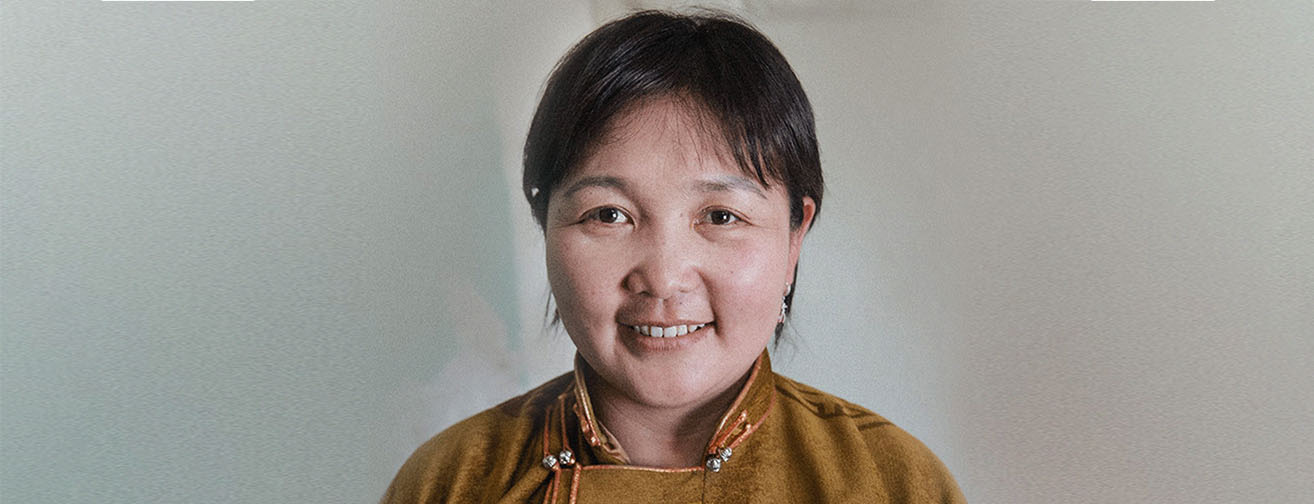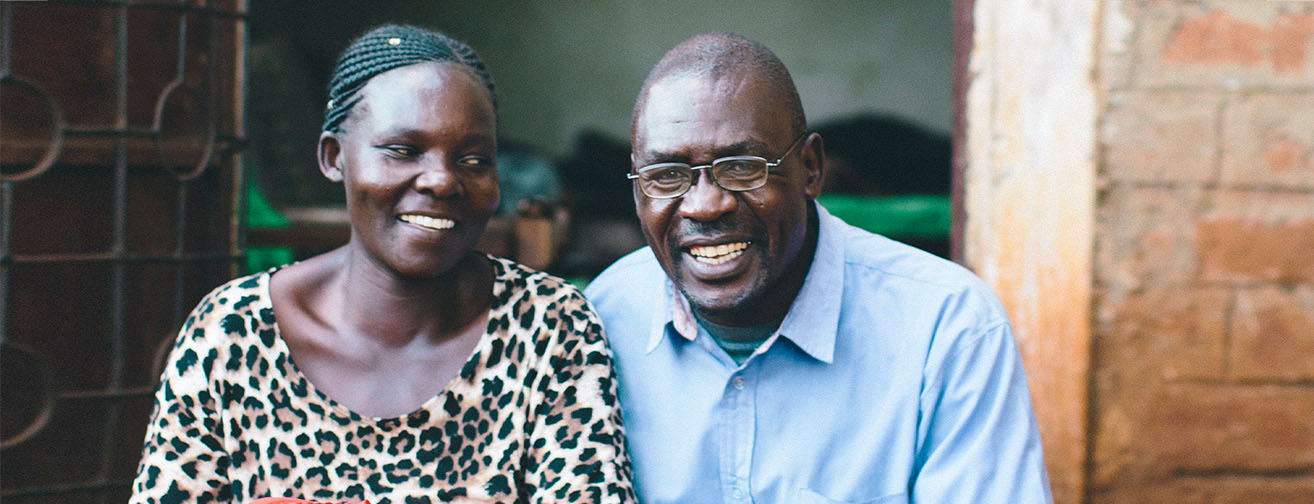When it comes to love and sexuality, the one thing all humans have in common is this—we have all been wounded in this area. Most of us deeply, in one way or another. Perhaps you have been through intense trauma and abuse, or perhaps your wounds are more subtle. Regardless, nobody gets completely off the hook. We all have hurts that we carry through life that we didn’t choose. Some of them we carry for years, or even decades.
When it comes to love, there are two primary ways we are wounded. The first way we are wounded is that we are wrongly loved. This is when we experience mistreatment and even abuse from others—often those we had expected to love us the most. The second way we are wounded is that we are not loved. We were neglected or rejected by those whose love we deeply longed for. While the life situations that result in these two types of wounds vary widely, at the end of the day, we live in a broken world where broken people break people. This is part of the human experience.
We touched on this at the beginning of this study, but it’s worth repeating. John 10:10 tells us that our enemy seeks to kill, to steal, and to destroy. You don’t have to look past the assault on your own heart and soul to find evidence of that.
But it’s not the end of the story.
In the latter half of the verse, Jesus declares, “I have come that you may have life, and have it to the full.”
On another occasion, Jesus declares to Zacchaeus, a broken, rejected man, “for the Son of Man has come to seek and to save that which was lost” (Luke 19:10, NKJV).
Jesus is on a clear mission to bring us back to life. He is in the business of restoring our hearts.
The good news of the gospel is that God through Christ is restoring both our hearts and ultimately, the brokenness of this world. Whatever happened to you, however you have been mistreated, abused, neglected, or rejected, there are two major ways Jesus brings healing and wholeness.
The first comes as a surprise to many—Jesus enters into our pain and suffers with us. We do not have a God who is far away and distant, unable to empathize with us. We have a God who in Christ, became human, and entered into the mess of broken humanity. In his life, and through his death on the cross, he endured the worst mistreatment imaginable—bearing the fullness of human depravity into himself. Whenever we find ourselves wondering, how, if God is good, is there so much evil and suffering in the world—or even in our own lives—we must live and wrestle in the tension of this mystery. Even our own God is not immune to or exempt from suffering. He experienced the worst of what this world has to offer.
That, of course, is only part of the story though. We know that after Jesus suffered and died, on the third day, He rose again. The resurrection emphatically declares that God is making all things new. It declares that death does not have the final word. It declares that suffering and pain are not the end of the story. It declares a new, better ending to the human story—so much of which has been plagued with darkness.
So what does all of this have to do with God healing our wounds? A lot.
First, wherever you have been wounded, you are not alone. Jesus, through the cross, enters into all of our suffering. He experienced betrayal, rejection, abuse, neglect, hate, abandonment, and more. Through the cross Jesus permanently communicates to us that we are not alone—that He knows our pain, and He is with us in the depths of our experience.
Second, through the resurrection, Jesus declares that He is putting us and the world back together again. Notice that even in His resurrected form, he still bears the marks of the nails on his hands and feet. Our suffering marks all of us in ways we did not choose. But it is these same scars that become the storied reminders of our redemption—beacons of what God has brought us out of and through. He heals our wounds, but he does not rob us of our stories—He makes them beautiful.
It’s been said that time heals all wounds, but it would be more accurate to say that, as we lean into His unfailing love, that God heals all wounds in time. And as we experience the healing of our hearts, once marred and broken by distortions and perversions of love, we are freed to exchange our own brokenness for the glory of being fully alive. Whether your story is one of abuse, neglect, rejection, or most likely, a combination of all of those—Jesus, rewrites the ending. In His love, He brings beauty out of ashes—so if you have ashes, if parts of your life feel like they’ve crashed and burned, it’s time to get your hopes up. God isn’t done yet. Beauty is coming.
Day 25 Freedom Work
Scripture Reading — Read Isaiah 61 several times, taking notes of verses the Holy Spirit highlights to you.
Journaling Exercises — Answer the following questions at length in your journal. Aim to spend at least 5–7 minutes per question.
- What are the primary ways you’ve been wounded in regards to love? You don’t have to write down your whole life story, but take the time to write down the themes and, in as much detail as you are comfortable, the ways you have experienced perversions of love or the absence of love altogether.
- Looking over your life and what you’ve been through, can you identify a theme to the ways you’ve been hurt? Is there a similar storyline that runs through your pain?
- Ask the Holy Spirit to reveal to you any lies about love that you have come to believe as a result of the enemy’s work in your life. Take some time here, and write down whatever comes to your mind.
- Ask Jesus how he feels about the different ways you’ve been wounded in the areas of love and sexuality. Be specific if you can. You may even find it helpful to ask Jesus where He was in these moments of pain and hurt.
- Finally, considering how God brings beauty and resurrection life, ask God to speak directly to the areas where you’ve been hurt the deepest. What is the voice of love saying over you?
Prayer — Jesus, there’s a lot that I don’t understand about the realities of living in a broken world. Sometimes it feels as though darkness gets the final word—but I know that is not true, for you did not stay in the tomb, but rose again. There are areas in my own heart that have been so wounded and broken by others, and even by choices I have made. I feel I am full of ashes—but I thank you that you are the one who brings beauty out of that place. I ask you to speak words of healing and restoration over me. You know the specific ways that I’ve been hurt. You know the ways shame has marked my story. You know the darkness I have felt defines me at times. Speak words of compassion and healing that bring new life to my heart. Heal my wounds with your love—that I may join you in putting this world back together. Amen.
A note in closing: this lesson was intended to give you some practical steps to take in order to begin pursuing healing and wholeness in the areas where you have experienced wounds and even trauma. Repeat the above steps as often as necessary. We highly recommend enlisting the help of others in your journey toward healing—whether that is a trained professional counselor, or a trusted and mature friend. We are the body of Christ, and it takes the body to heal the body. Walking vulnerably with trustworthy allies who can provide insight into your story and partner with you in the ways God is redeeming your past is an important part of living free. Invite the Holy Spirit to lead you to the right people who can be allies in your healing.





